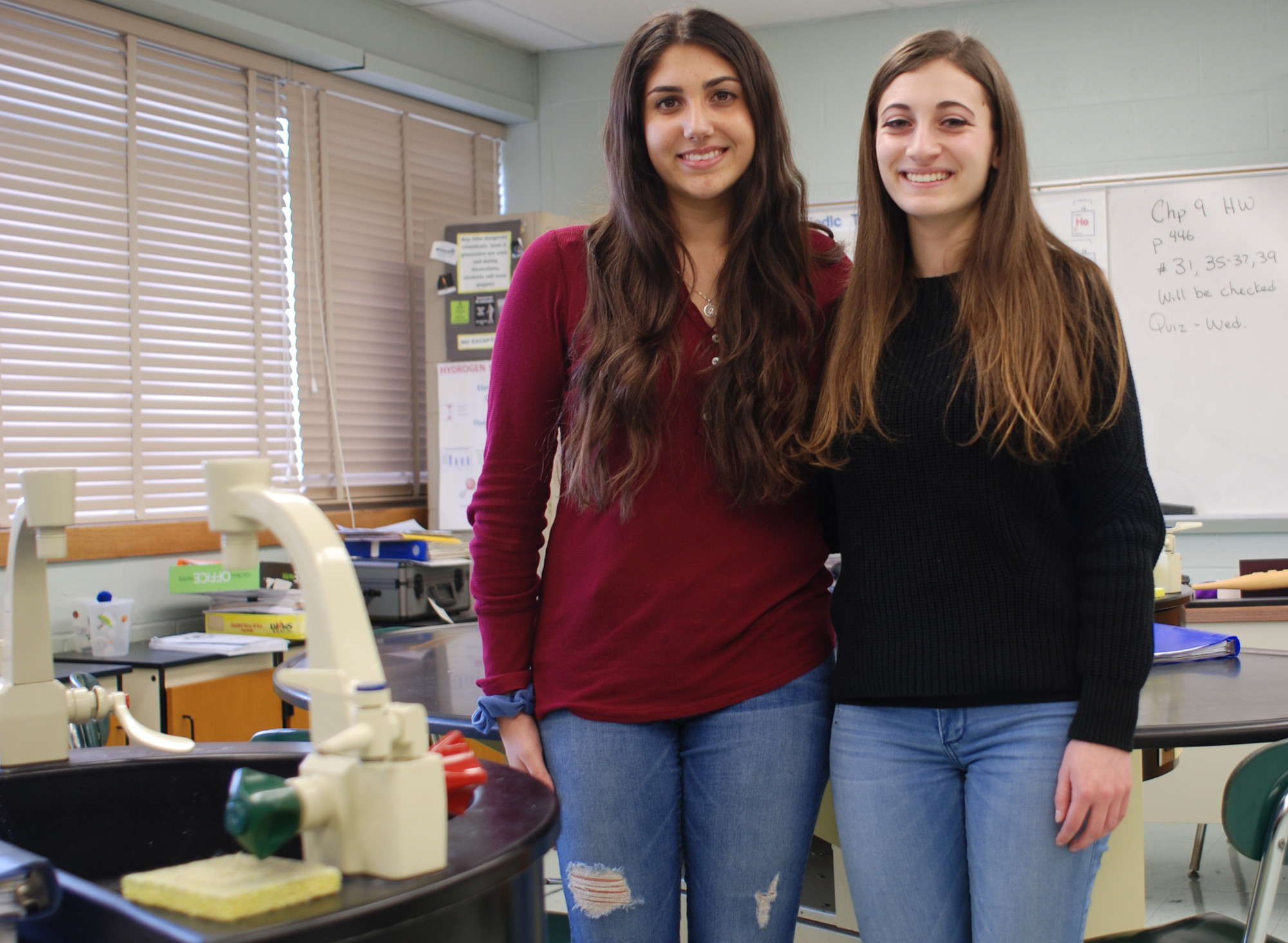Two JFK researchers earn Intel semifinalist accolades
Senior Rachel Mashal, the John F. Kennedy High School class of 2016 salutatorian, put fruit flies on a restricted diet to determine whether lower food intake would ward off drug addiction — specifically caffeine addiction — while also extending life. (As it turned out, it did both.)
Meanwhile, classmate Sarah Moussavi took on one of neuroscience’s most perplexing, and intriguing, questions: How certain are humans in their own decision-making? To reach a conclusion, she conducted a computer-controlled experiment at the NYU Center for Neural Science.
The two are among 300 semifinalists in the 2016 Intel Science Talent Search, one of the nation’s oldest and most prestigious high school science competitions. Each will receive a $1,000 scholarship. Semifinalists were selected from among more than 1,750 entries from across the country. Barbi Frank and Barbara Franklin are Kennedy’s research advisers.
On Jan. 20, 40 entrants will be named finalists in the competition. They will receive all-expenses-paid trips to Washington, D.C., to present their research before panels of judges as they compete for $1 million in scholarships. The top prize is $150,000.
Mashal and Moussavi are Kennedy’s 39th and 40th Intel semifinalists over the past decade. Below are their profiles and descriptions of their projects.
Rachel Mashal
Age: 18:
From: Merrick
Activities: Science club co-president, National Honor Society president, Tutors for a Cure co-president, Key Club bulletin editor, All-County singer.
At the LIUPost biology department last summer, Mashal looked at the TOR (target of rapamycin) pathway, the genetic code that regulates cell growth in response to nutrient availability, of the common fruit fly.
It’s not entirely clearly why, but it is well known that decreased caloric intake extends life. Mashal wondered whether less food would also help moderate addiction to a stimulant — in this case, caffeine.

 50.0°,
Overcast
50.0°,
Overcast 




